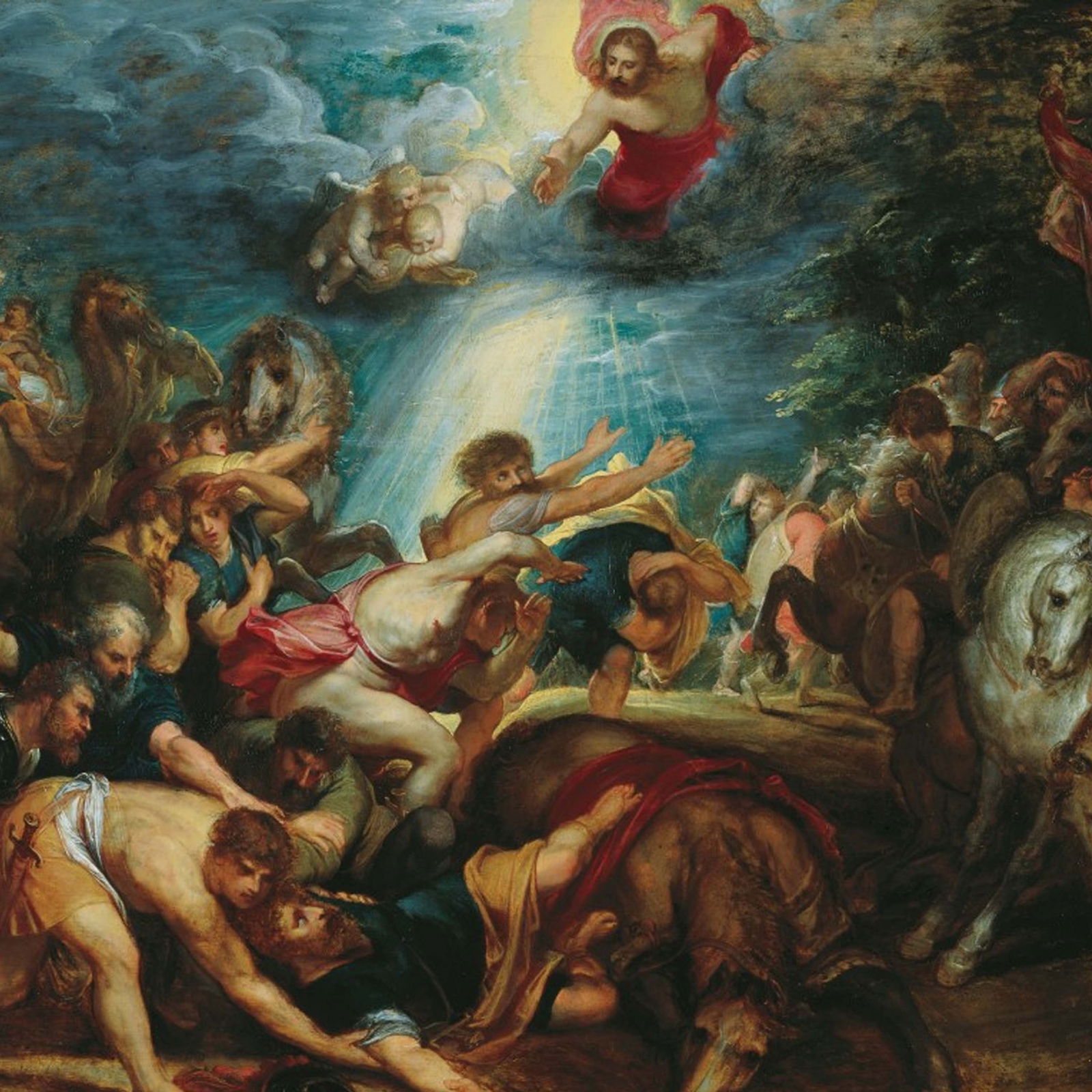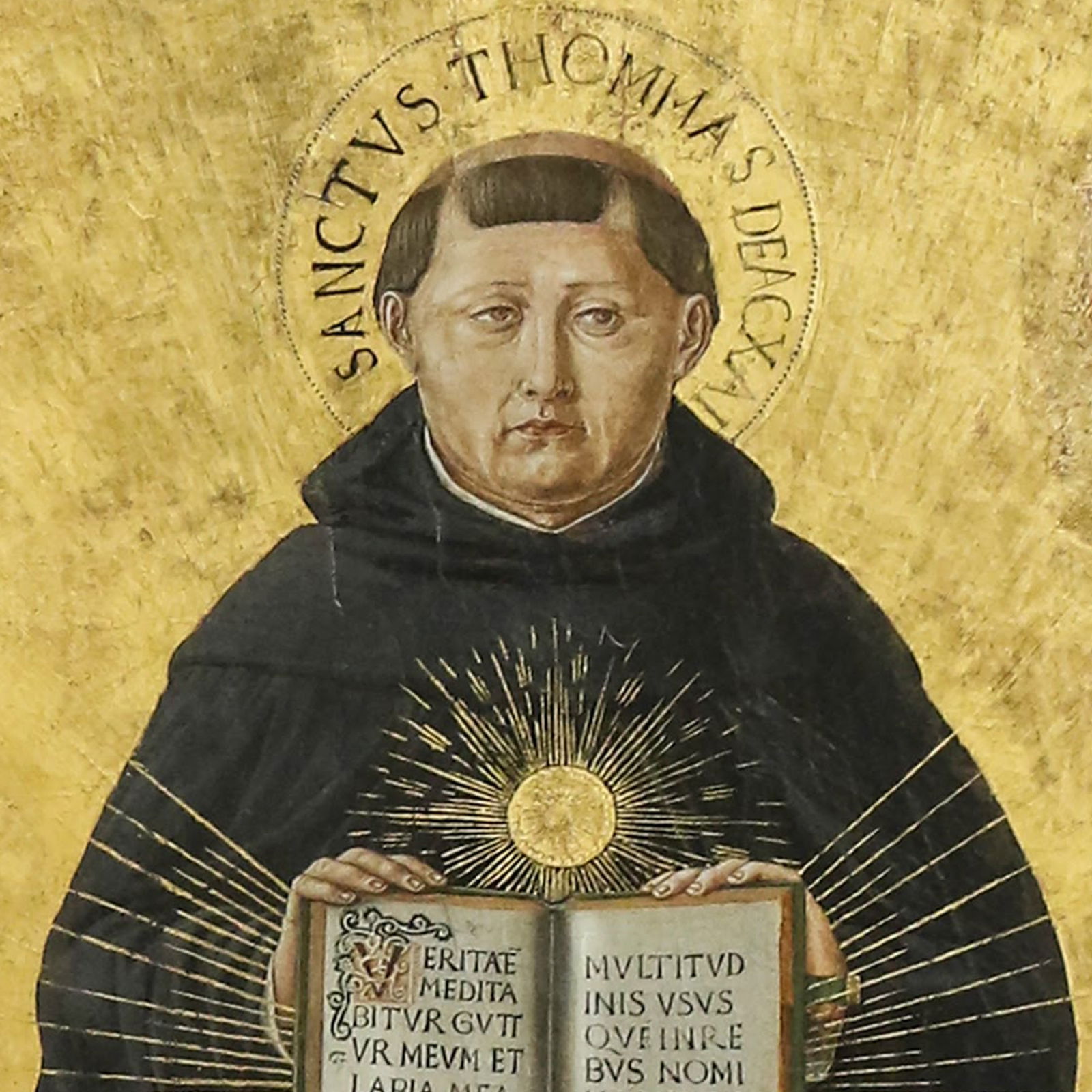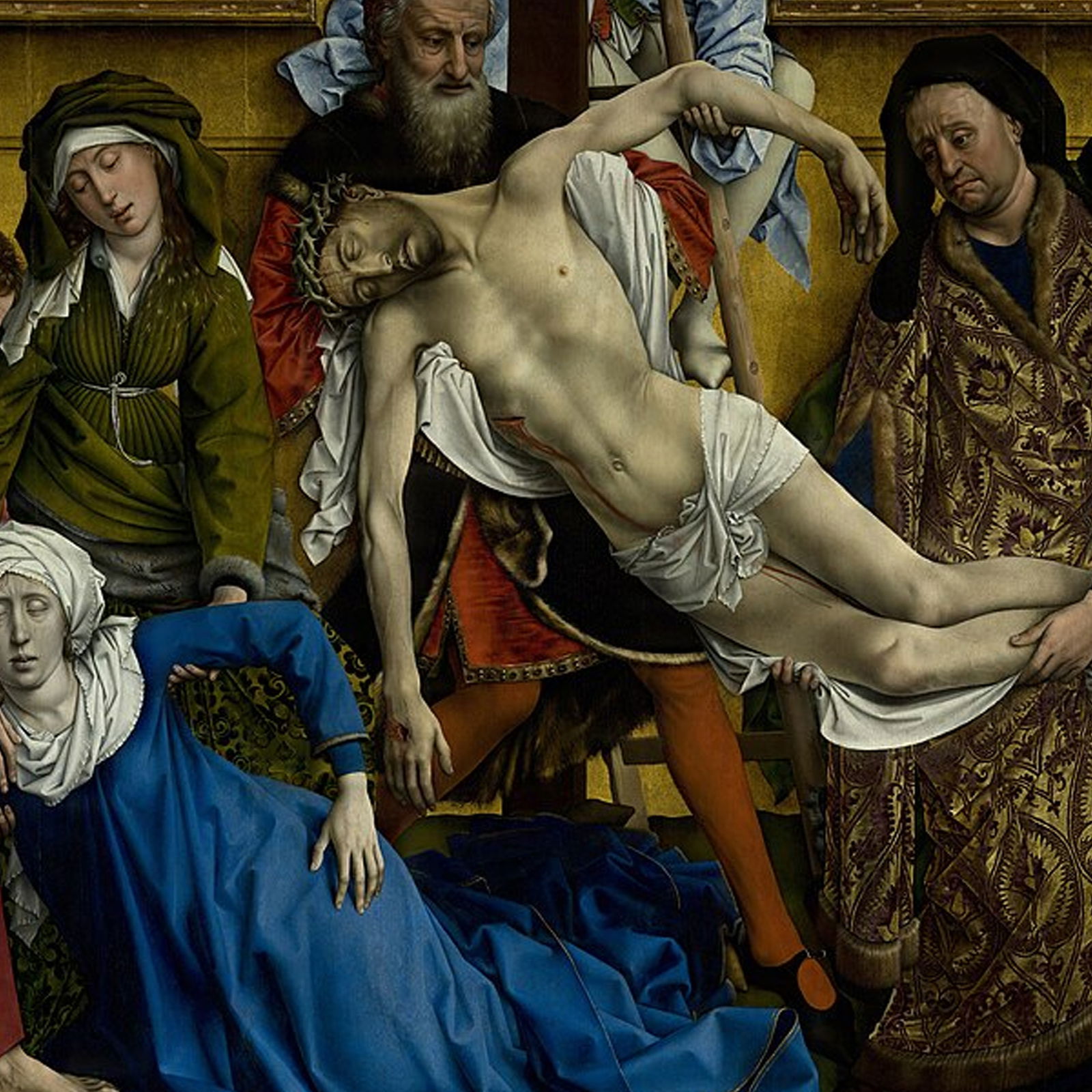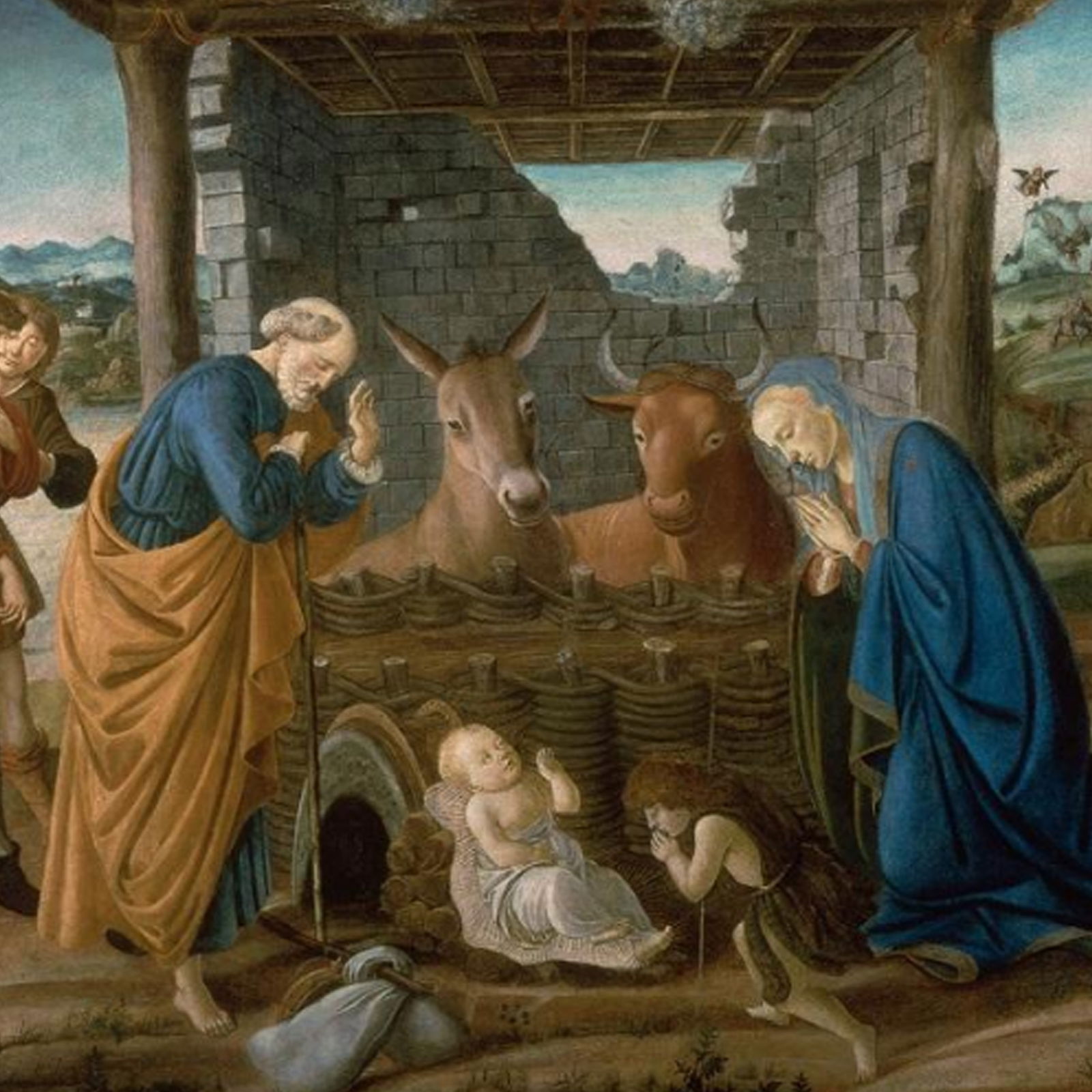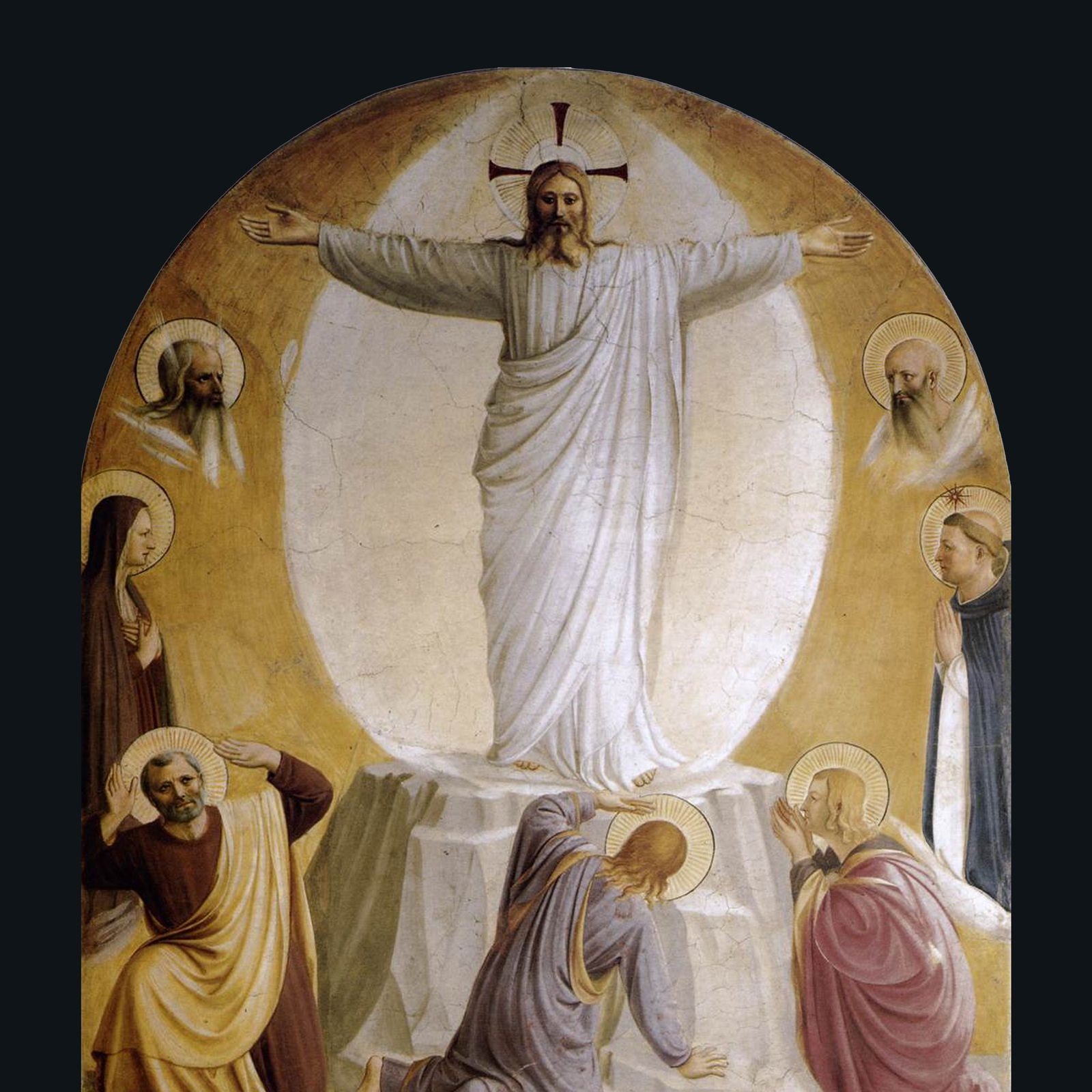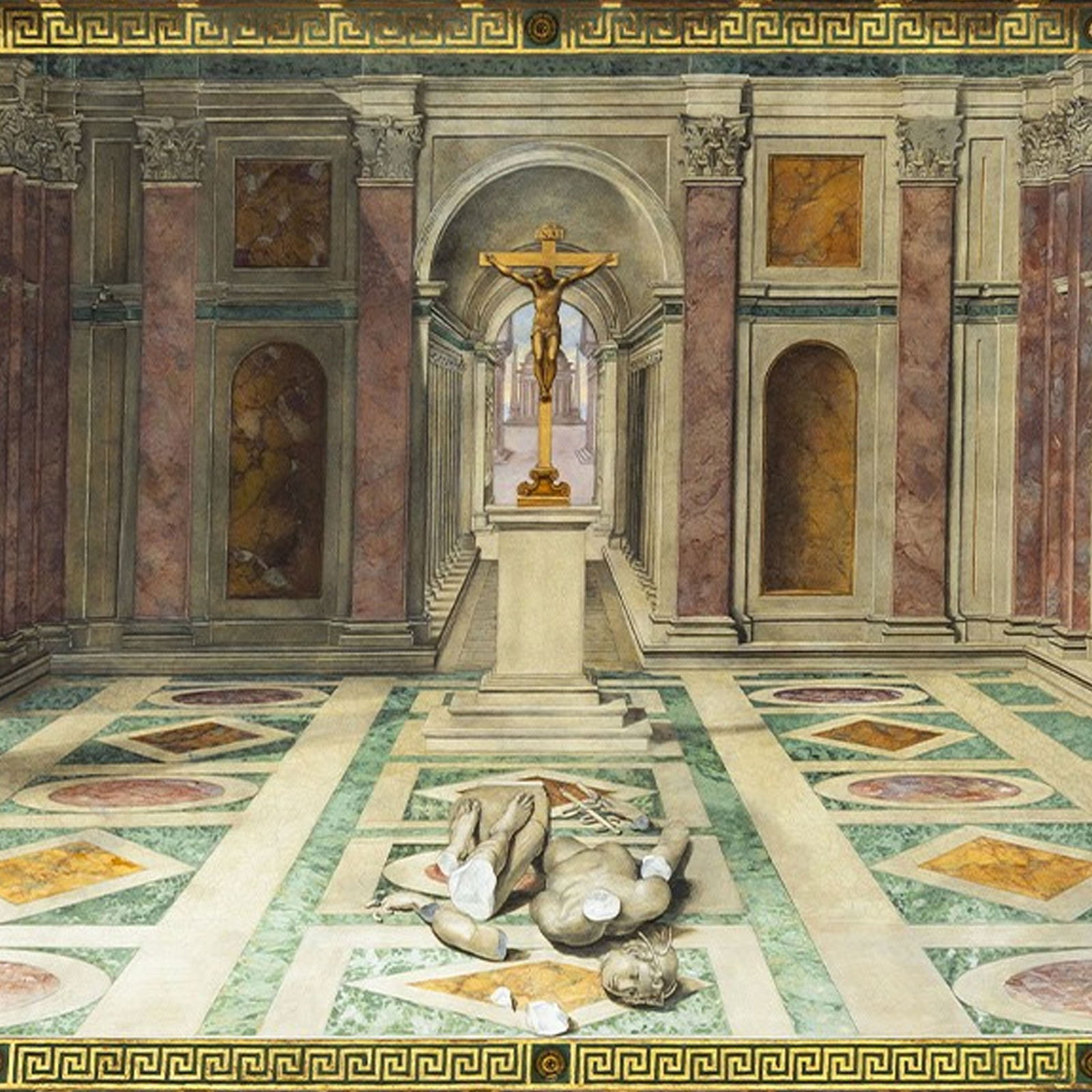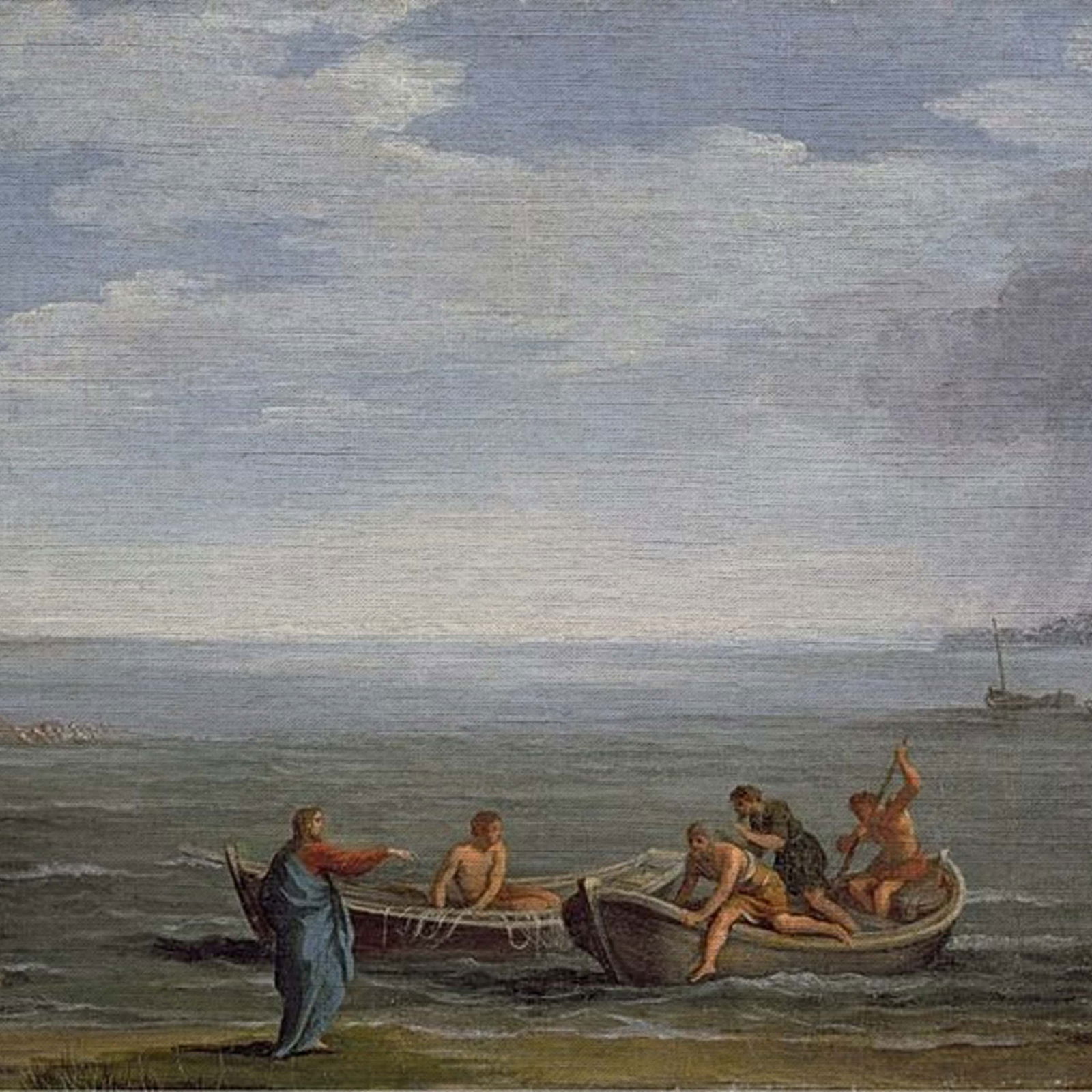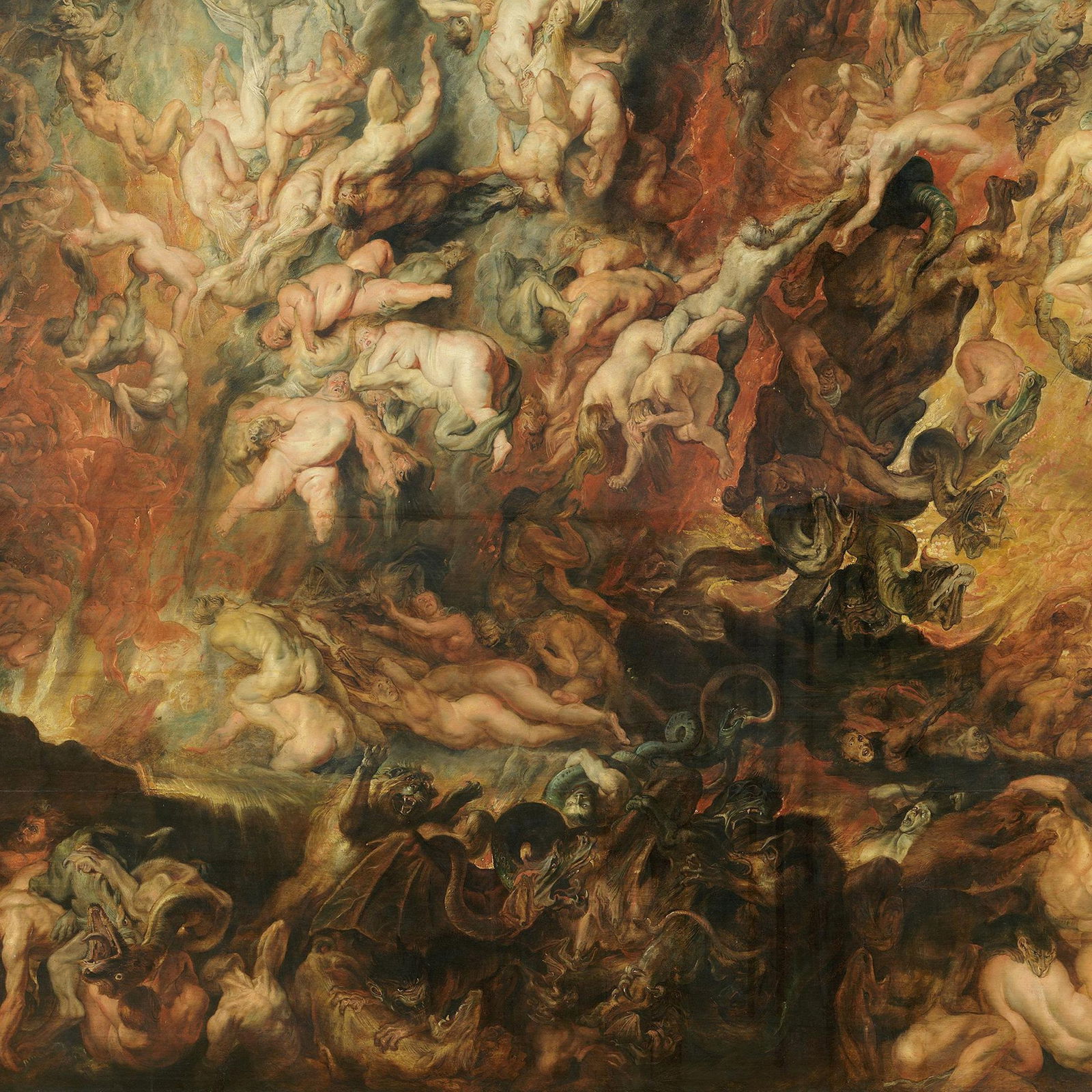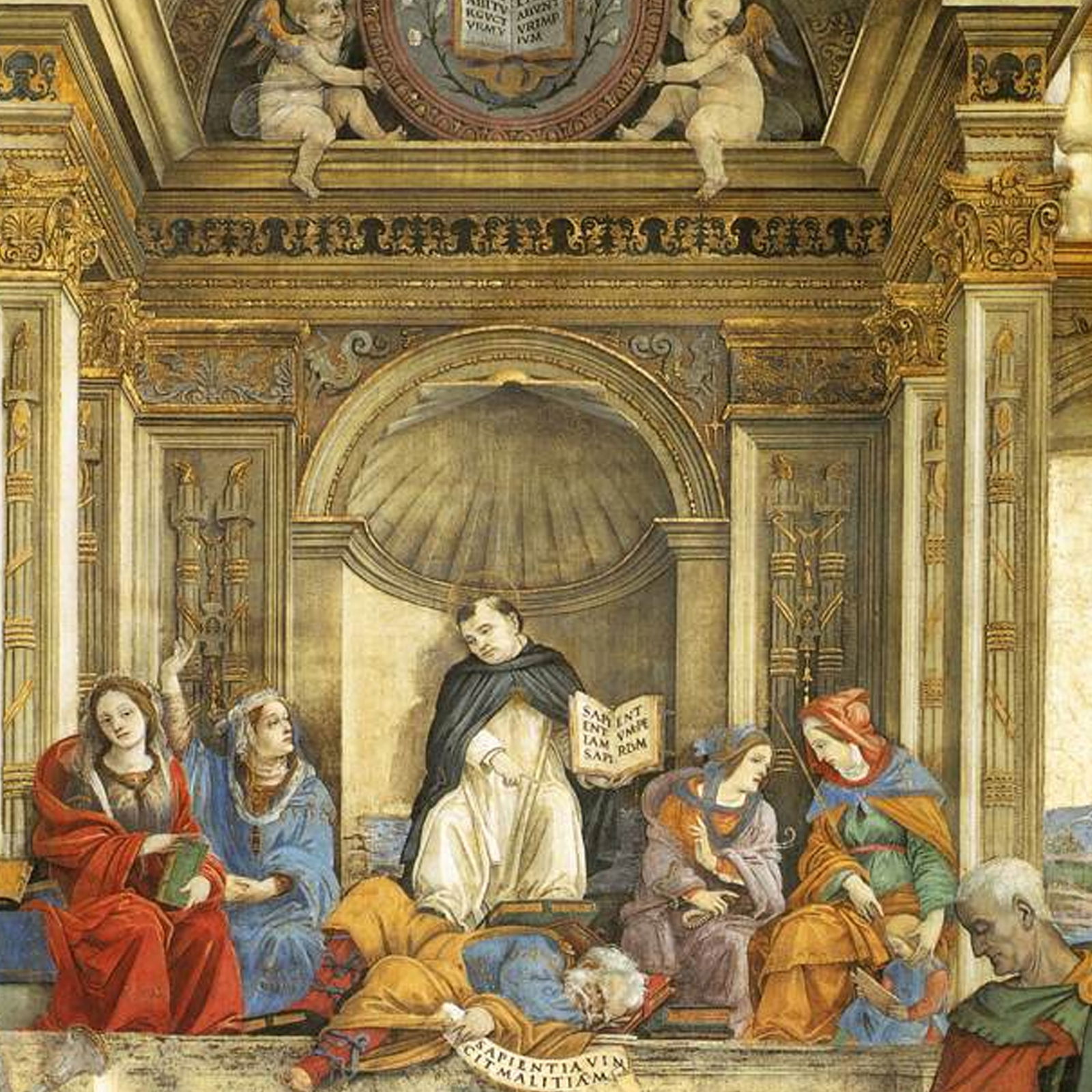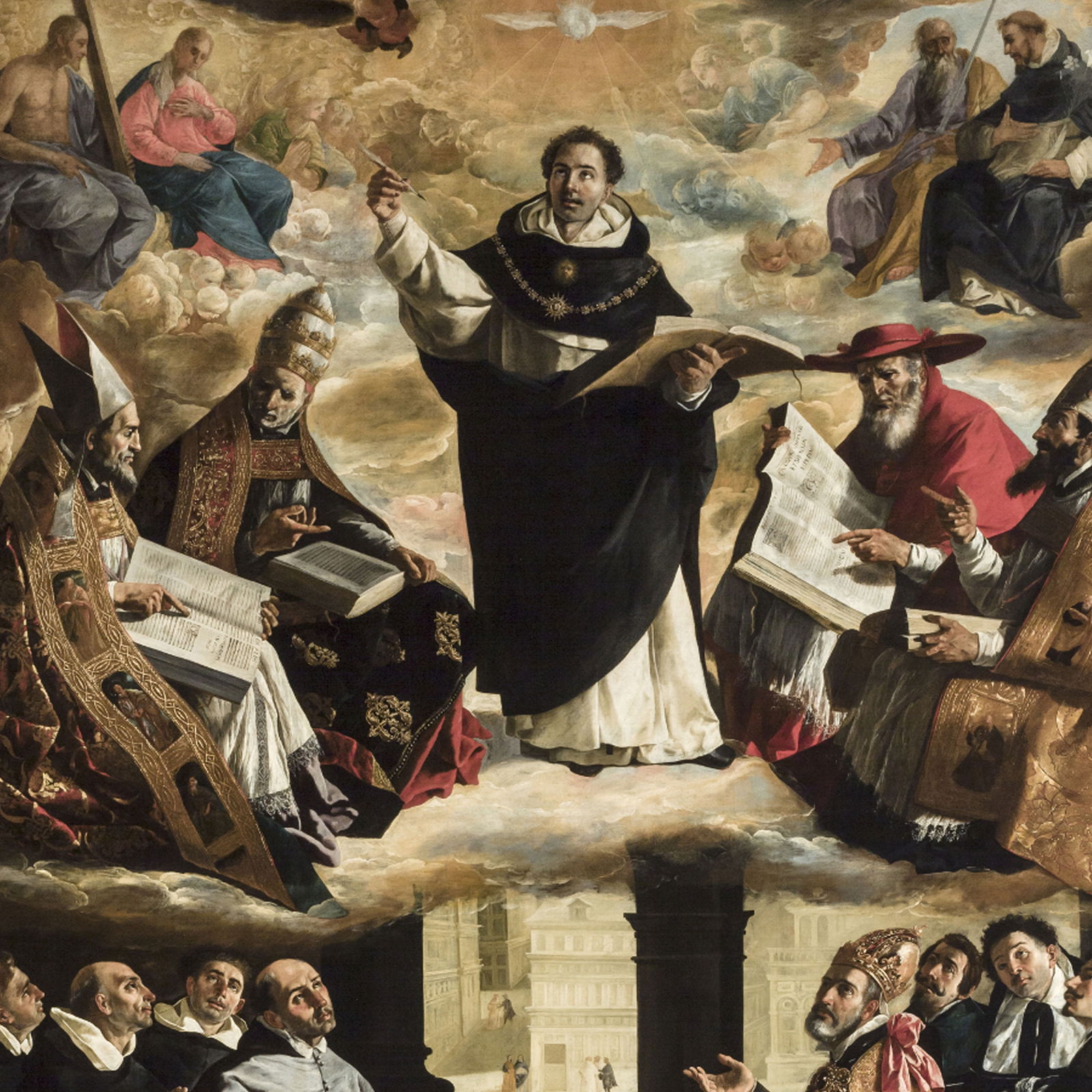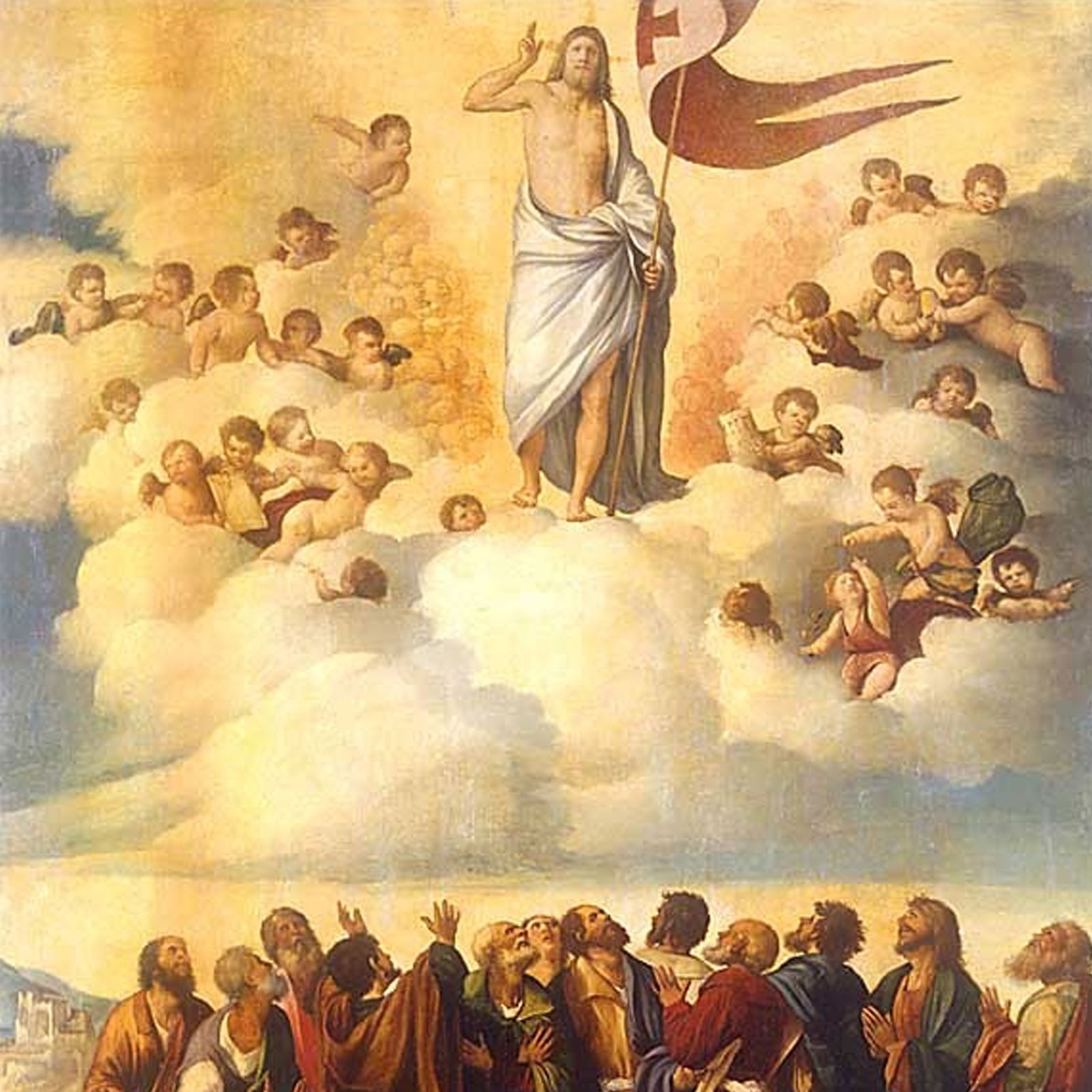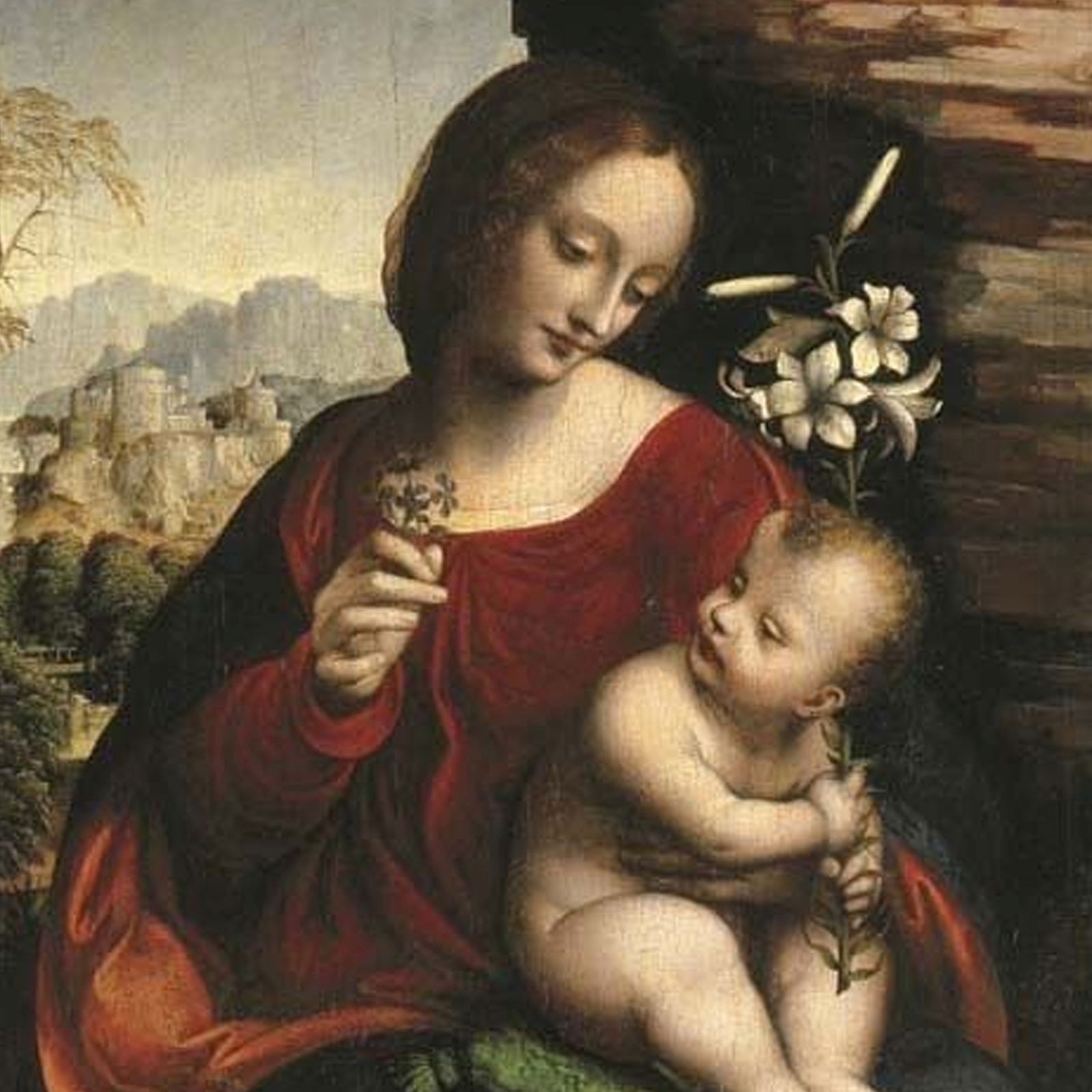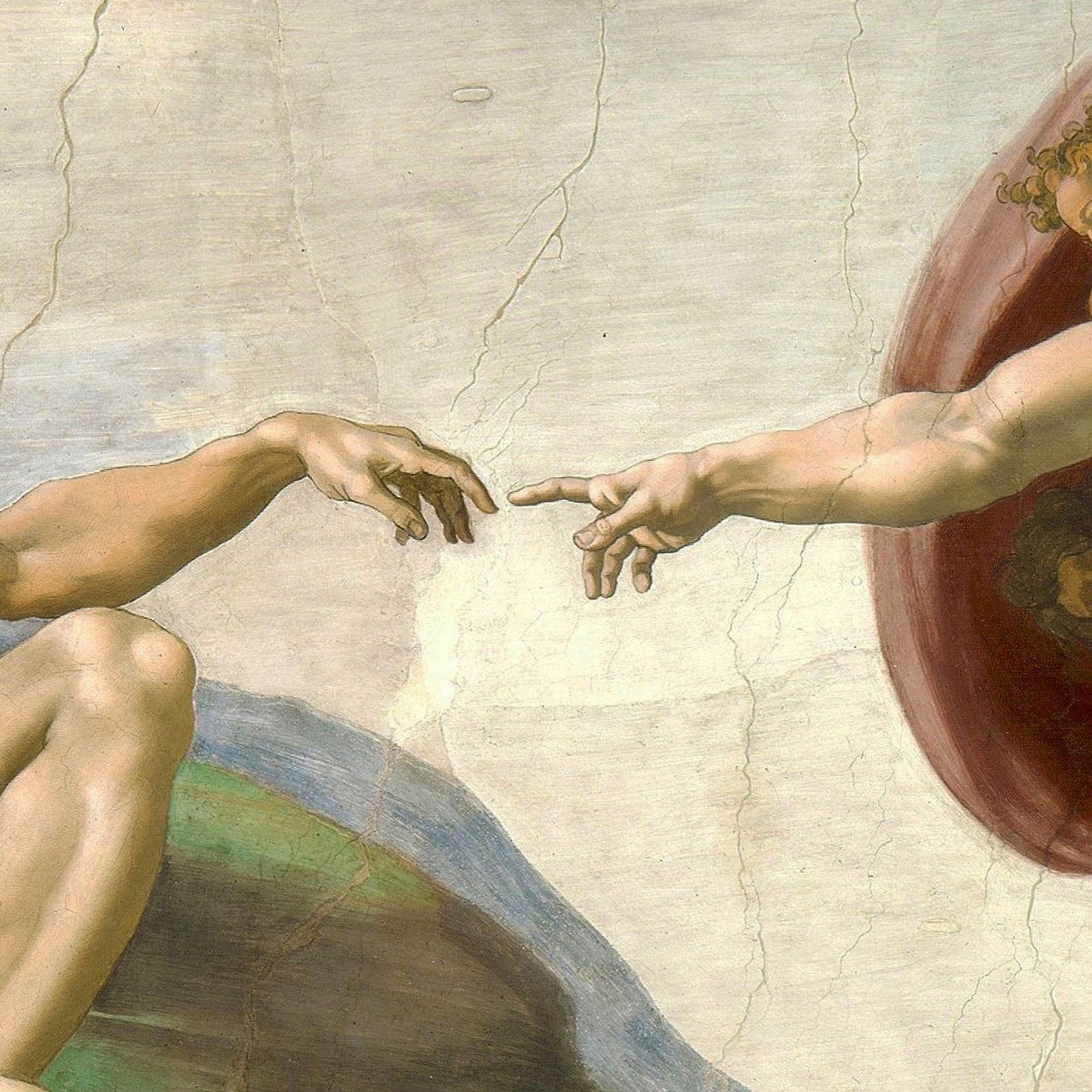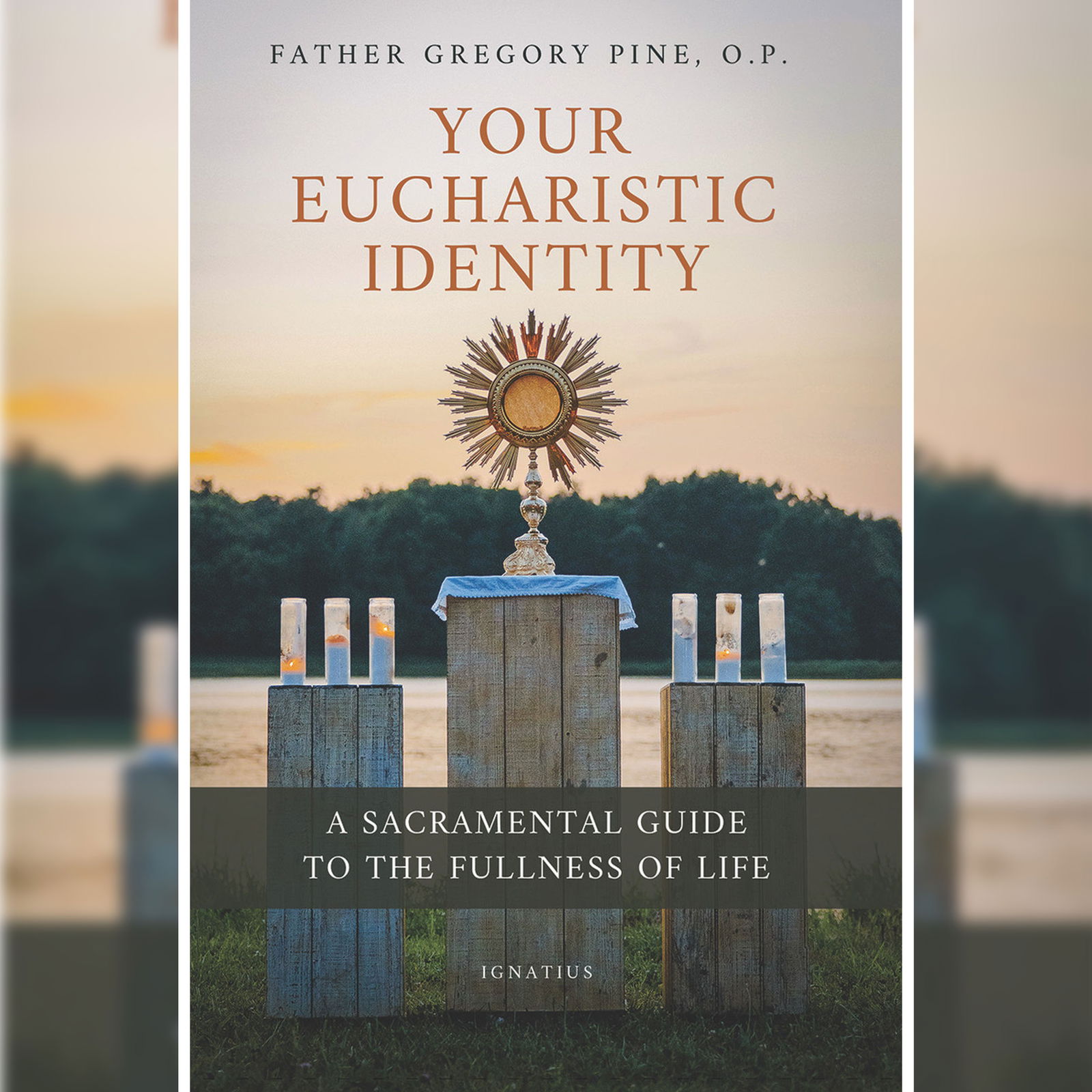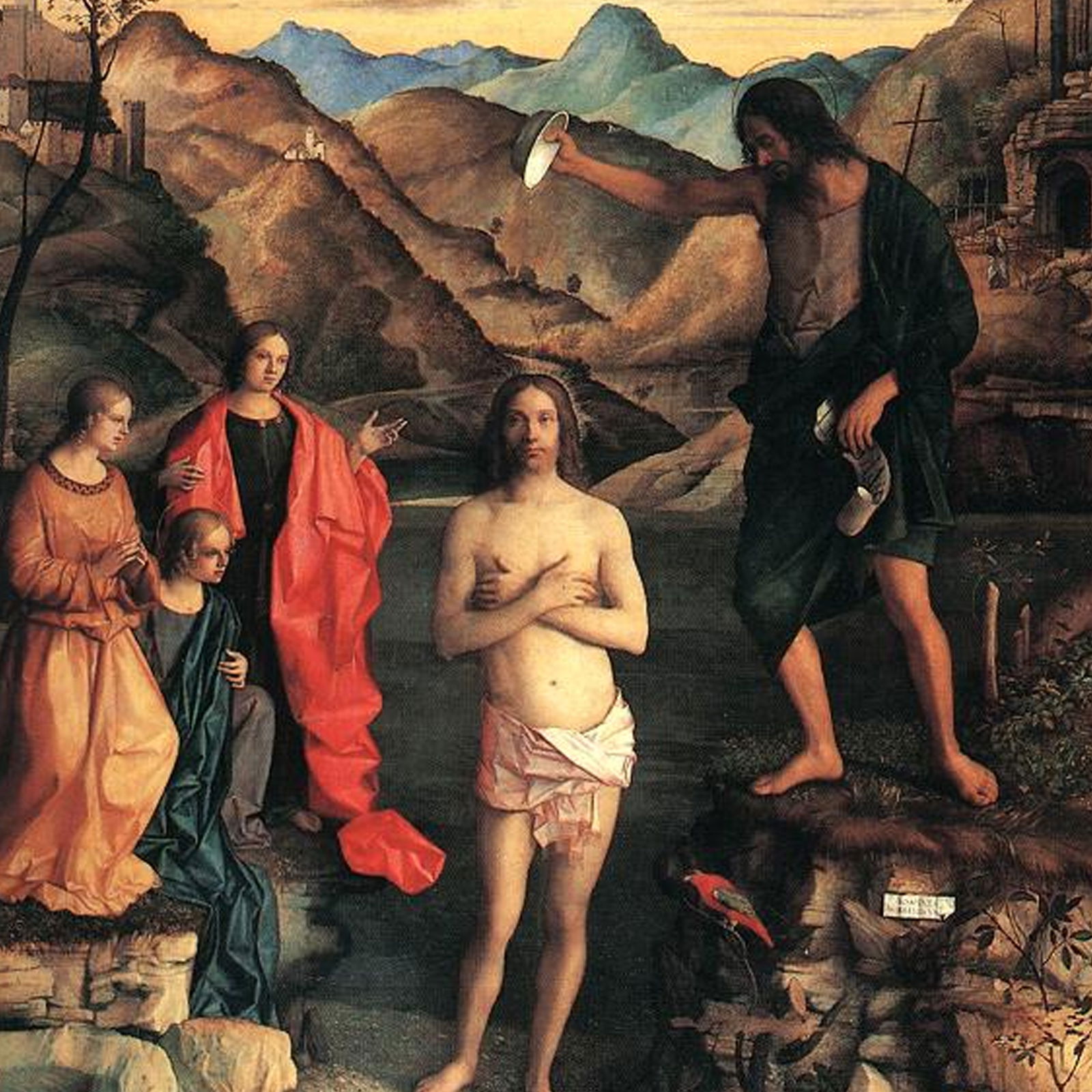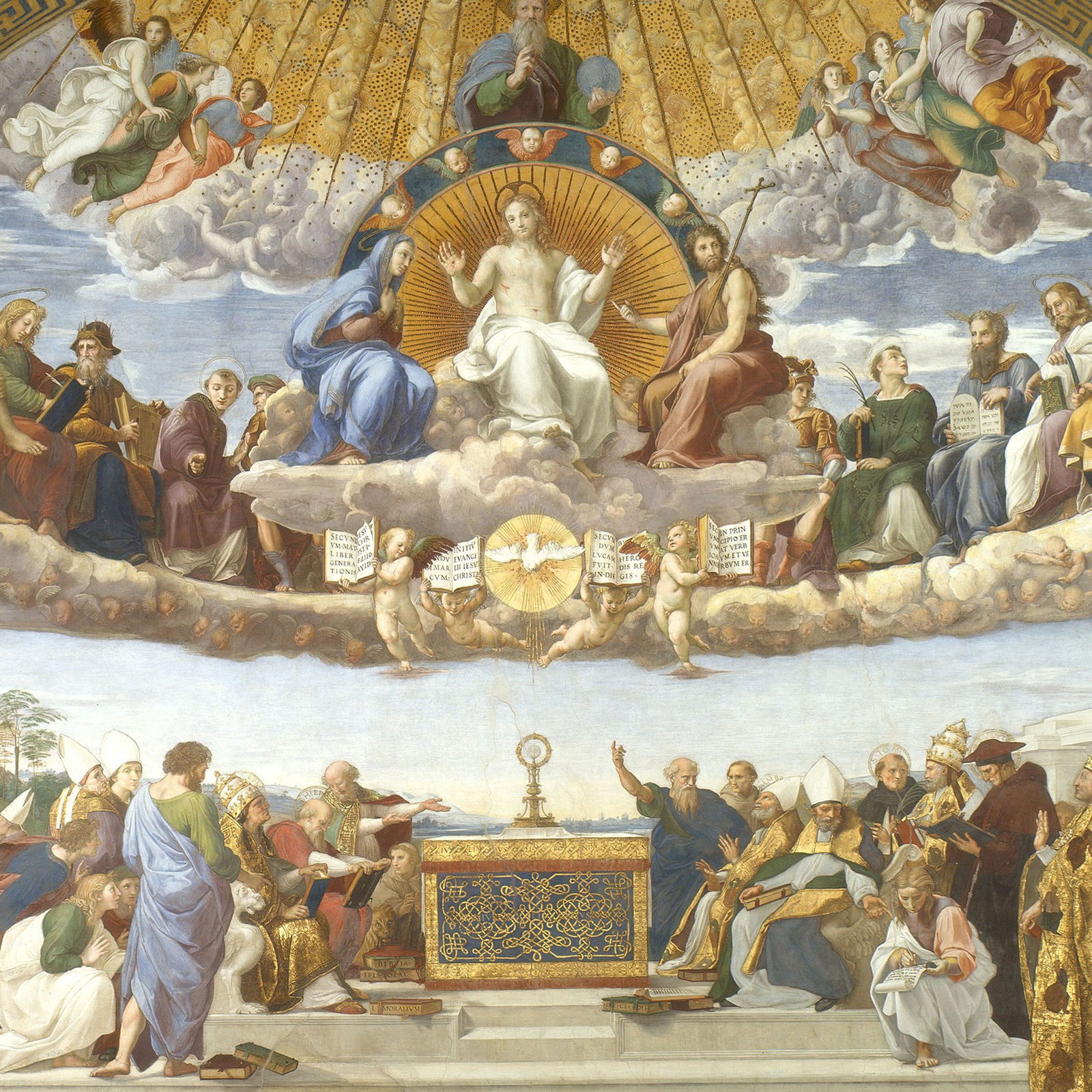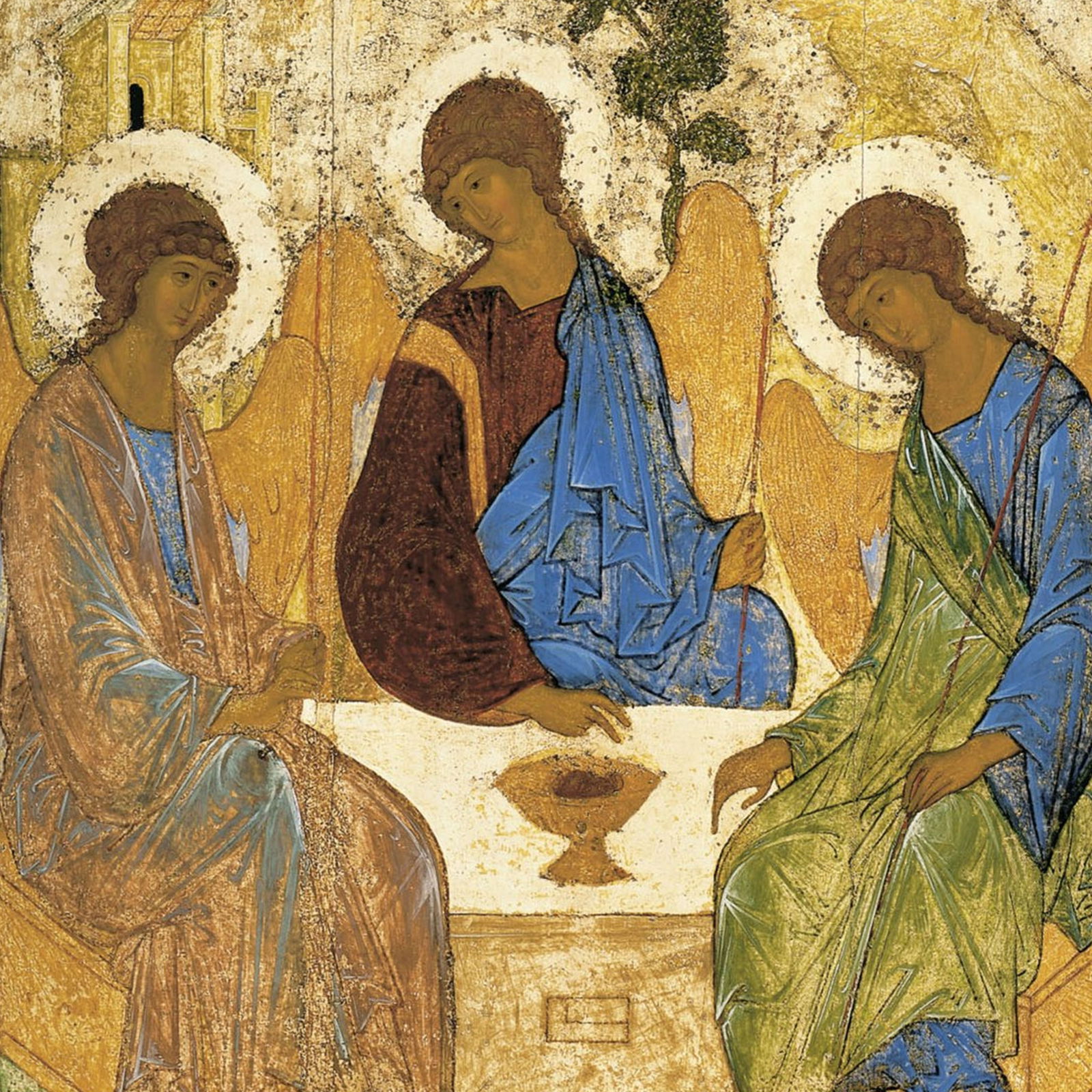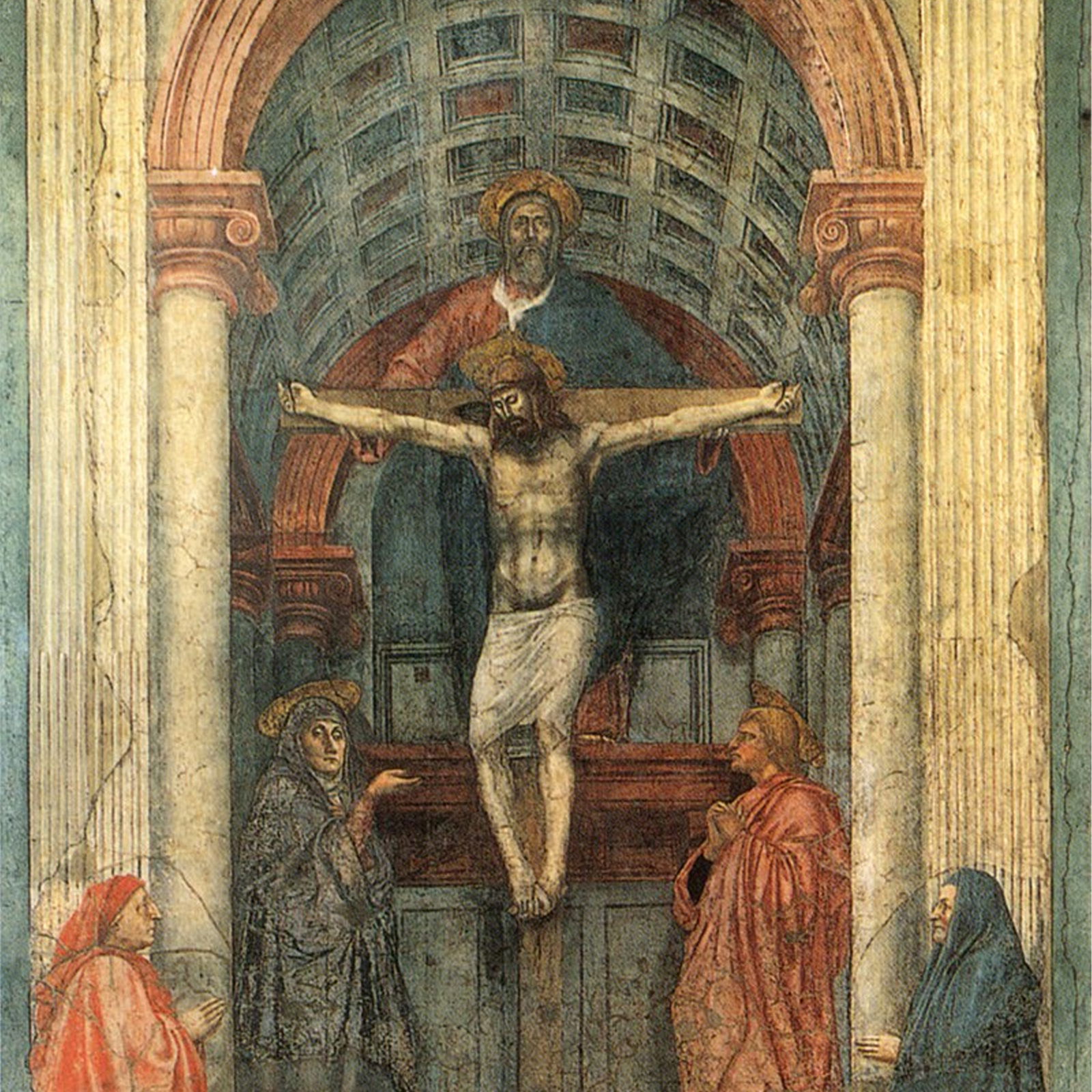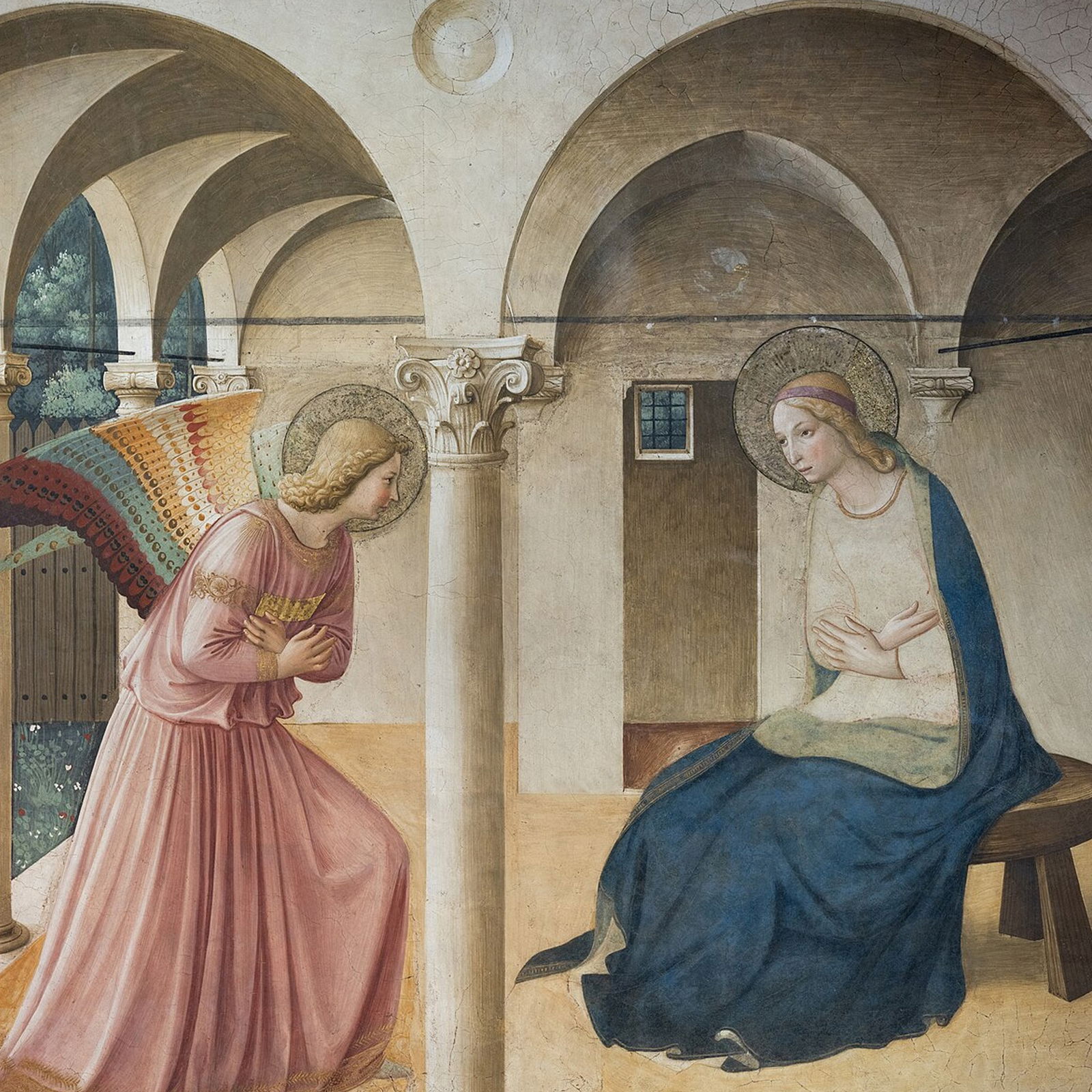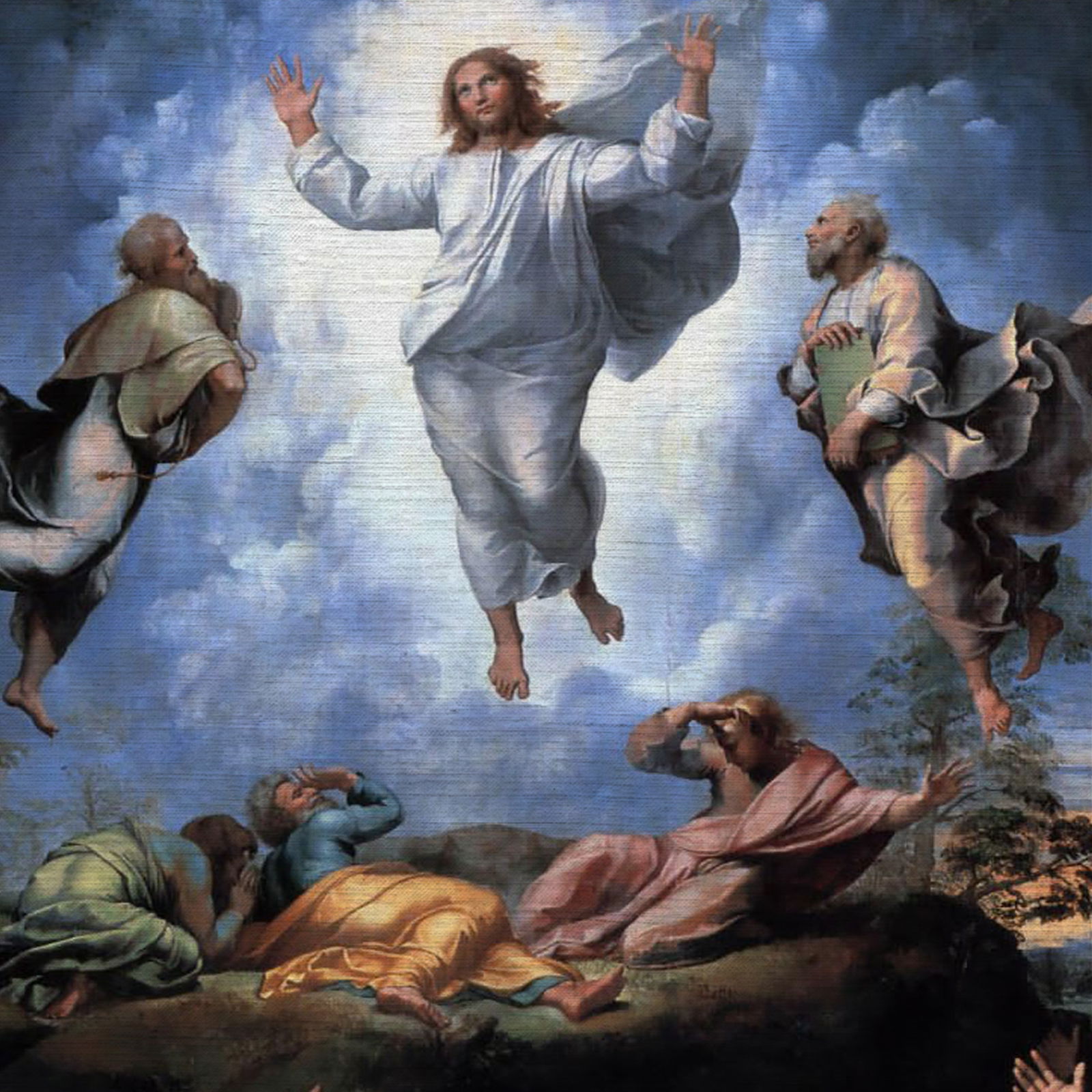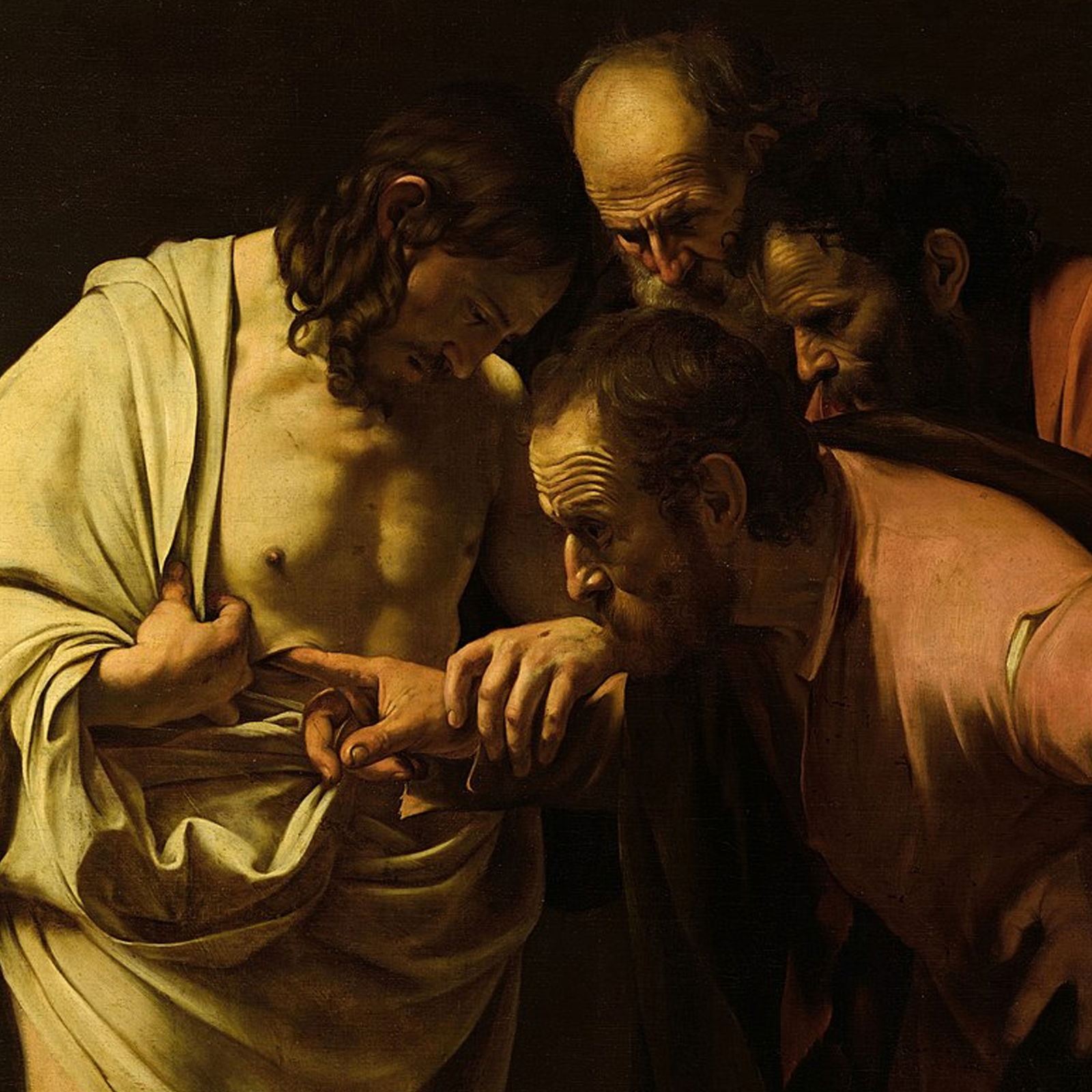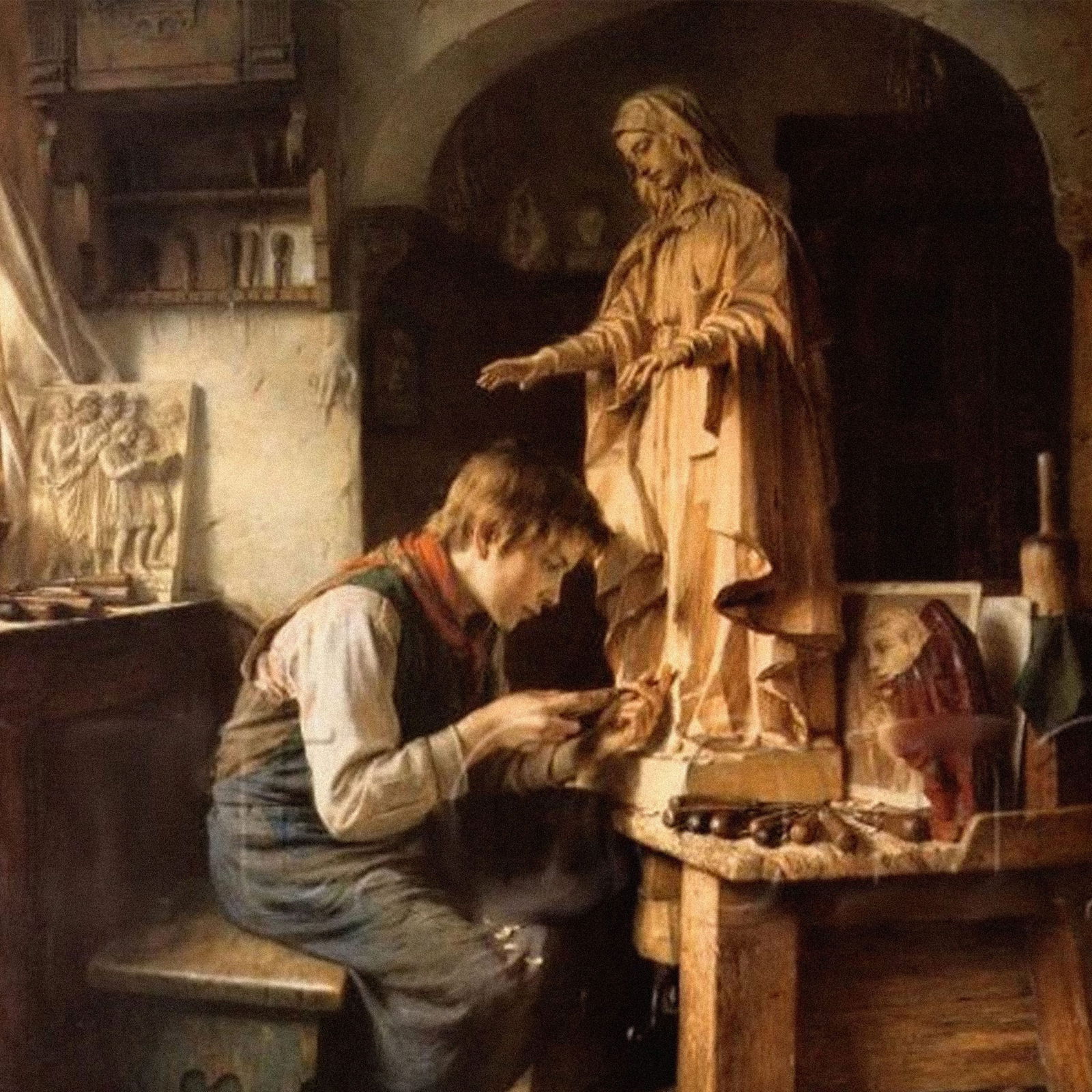Theology Episodes
Creation vs. Creationism – Fr. Dominic Legge, O.P.
Fr. Dominic Legge distinguishes the classical Catholic doctrine of creation from modern creationism by showing how a robust Thomistic account of God as the transcendent cause of all being avoids conflict with evolutionary science while deepening our understanding of what it means for the world to b…
St. Thomas Aquinas on the Beatitudes – Fr. Anton ten Klooster
Fr. Anton ten Klooster explores St. Thomas Aquinas on the Beatitudes, showing how they map an ordered, grace‑filled path of virtues and gifts that lead from imperfect happiness in this life to perfect union with God in the next.
The God of Love and the Reality of Evil and Suffering – Prof. Chris B…
Prof. Chris Baglow explores how the God of love can allow evil and suffering by showing that a world created for freedom and love—not as a deterministic machine—necessarily entails the risk of physical and moral evils, yet opens a deeper path of redemptive goodness.
Why Get Married? The Catholic View of the Meaning and Purpose of Marr…
Prof. Michael Dauphinais explains marriage as a lifelong covenant of self-giving love between a man and a woman that images Christ’s union with the Church, ordered to the spouses’ sanctification and the procreation and education of children .
Why Did God Become Man? The Absolute Primacy of Christ According to B…
Prof. Thomas Ward explains Scotus’s bold claim that the Incarnation is not primarily a response to human sin, but the centerpiece of God’s eternal plan for creation, so that Christ would have become incarnate even if Adam had never fallen .
Participation in the Divine Nature: Aquinas and the Catholic Vision o…
Fr. Gregory Pine explains that, according to Aquinas, Christians are called to true divinization or theosis: by grace and the sacraments they really come to share in God’s own life without becoming God by nature, growing into intimate communion with the Triune God through Christ in whom this transf…
What Difference Did Christianity Make? Why the Ancient Greeks, Romans…
Fr. Terence Crotty argues that Christianity spread so rapidly because it uniquely answered the human search for truth and happiness while transforming social life through charity, dignity for slaves and women, and a compelling vision of a good and loving God that pagan religion and philosophy could…
Rebutting Necessitarian Universalism: Three Thomistic Arguments – Pro…
Prof. Mats Wahlberg argues that “necessitarian universalism”—the claim that hell is metaphysically impossible and that God must save all rational creatures—is incompatible with core Christian metaphysical commitments, and he develops three Thomistic arguments to show that the possibility of eternal…
Reprobation and Permission of Sin – Prof. Thomas Osborne
Prof. Thomas Osborne explains reprobation and the permission of sin in Thomas Aquinas as the asymmetrical counterpart to predestination, where God positively causes the grace and merits leading the elect to glory but only permits the sins of the reprobate without ever willing or causing moral evil,…
Aquinas's Interpretation of Predestination in Scripture – Fr. Piotr R…
Fr. Piotr Roszak shows how Thomas Aquinas interprets predestination through a deeply biblical lens, reading predestination as God’s merciful, Christ-centered plan to lead creation freely to a supernatural end and insisting that scriptural context is essential for avoiding deterministic distortions …
Why is Thomism so Fixated on Predestination? – Fr. Cajetan Cuddy, O.P.
Fr. Cajetan Cuddy explains that Thomism is “fixated” on predestination because this doctrine lies at the speculative and practical center of the Thomistic vision of reality, uniting its key philosophical principles and theological convictions about God, creation, grace, and salvation in a single, c…
What is predestination? – Fr. Dominic Legge, O.P.
Fr. Dominic Legge explains predestination as a profoundly hopeful Catholic doctrine rooted in God’s eternal, loving plan to give grace and lead rational creatures freely to the supernatural end of the beatific vision, drawing especially on Saint Thomas Aquinas and Saint Augustine.
'The greatest of all God's works': Justification in Catholic Theology…
Prof. Matthew Thomas explains why justification—God’s transformative act of making sinners righteous in Christ by grace through faith and incorporation into the Church—is, for Aquinas, greater even than creation, and explores how Catholic teaching on faith, works, and grace can address Reformation-…
The History of Devotion to Mary: She Who Leads Us to Jesus – Fr. John…
Fr. John Langlois traces how Marian doctrine and devotion—from Scripture and the early Fathers through medieval councils, liturgy, and architecture—culminate in the rosary as a Christ-centered, biblically rooted prayer that brings believers to Jesus through Mary’s maternal intercession.
Why We Need the Saints – Prof. Adam Eitel
Prof. Adam Eitel argues that God’s divine pedagogy makes the examples of the saints indispensable for our salvation, since their concrete, imperfect yet graced lives teach us how to endure sorrow, grow in virtue, and imitate Christ in the real circumstances of our own time.
Your Eucharistic Identity – Fr. Gregory Pine, O.P.
Fr. Gregory Pine explores the Eucharist as the foundation of Catholic identity, showing how sacramental worship unites the past, present, and future of salvation history and invites believers into personal transformation, unity, and divine love.
Would St. Thomas Baptize and Extraterrestrial? – Dr. Edmund Lazzari
Dr. Edmund Lazzari uses Thomistic philosophy and sacramental theology to analyze whether extraterrestrial intelligences could be baptized, exploring questions of nature, the soul, salvation, and God’s freedom to grant grace beyond the human species.
How to Know God? Philosophical Wisdom and Divine Revelation – Prof. M…
Prof. Michael Dauphinais explores how Thomas Aquinas integrates philosophical wisdom and divine revelation, showing that genuine knowledge of God arises from both reason and the transformative experience of Christ’s incarnation and the Holy Spirit.
Nicene Trinity, Chalcedonian Christology: Understanding Christ throug…
Fr. Gregory Pine explains Nicene Trinitarian theology and Chalcedonian Christology through key councils and controversies, showing how Christ’s incarnation and union with humanity unveil the path to salvation and divine participation.
Augustine's Account of Trinitarian Image and Thomas Aquinas – Fr. Reg…
Fr. Reginald Lynch’s lecture explores Augustine’s account of the Trinitarian image and its reception by Aquinas, illuminating how the development of grace, human anthropology, and sacramental life shape the Christian journey ...
In the Beginning Was the Word: Augustine, Aristotle, and Aquinas – Fr…
Fr. Dominic Legge’s lecture traces the theological development of the concept of the Word through Augustine, Aristotle, and Aquinas, illuminating the evolution of Trinitarian analogy and the nature of human understanding in medieval philosophy.
Beyond but Not Against Nature: How Grace Perfects and Transforms Natu…
Fr. Cajetan Cuddy explores the relationship between grace and nature, demonstrating how grace perfects, transforms, and preserves the continuity of human nature without destroying its fundamental reality.
Technology In Our Relationship With God I Fr. Anselm Ramelow, O.P.
Fr. Anselm Ramelow examines how technology shapes and reflects our relationship with God, cautioning against both idolizing technology and seeking salvation through it, while affirming its proper role as an instrument serving...
AI and the Human Person I Prof. Jordan Wales
Prof. Jordan Wales critically examines the relationship between artificial intelligence and human personhood through the lens of Christian theology, exploring how AI challenges traditional notions of intelligence, consciousne...
